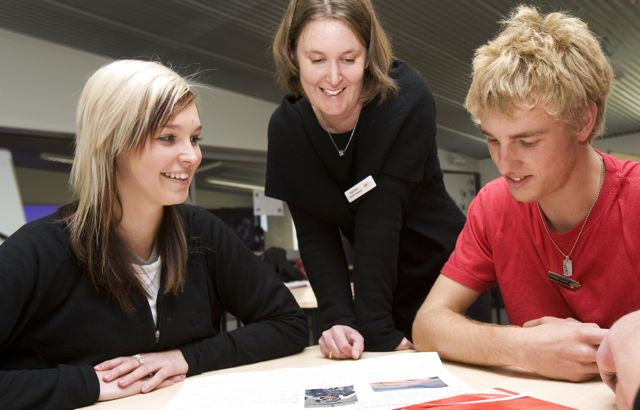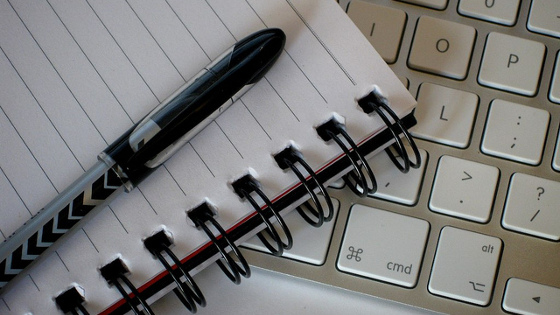Our project: general information
The final outcome will be a poster in which you will tell something about the history of your family: your grandparents, some uncles, etc... In order to be able to create the final product, you will surf and overcome different missions that will help you gain knowledge and acquire strategies.
This project will be worked in a collaborative way. There will be pair work, team work and individual work. This means that the knowledge will be created by the teacher's explanation, as well as self investigation and interaction among the partners. One of the best points in this project will be the possibility of inviting your family to the class in order you can investigate better about your family.
It will be really important for the success to follow all the instructions given in each activity, using the net and the links as a source of information. Before starting with your project, there are some points we must check.
- Assessment
-
This project will be evaluated following this pattern:
- Your teacher will evaluate the final product following the rubric.
- Your partners will carry out peer assessment and will grade your collaborative teamwork. The students can generate the different levels or items to evaluate.
- Students will self-evaluate the final product using the rubric.
- The final assessment will also include a teacher's evaluation on how the students have been involved in the project or tackled the different activities. This document will be your reference for the evaluation. The 'Assessment rubric for the project: The history of my family' will be your reference for the global project.
At the end of each mission, your teacher will give you a badge if you have done a great job. Let`s try and let's do our best!
Every mission will include a final task to consolidate all the learning. This final task will be assessed using the following rubrics:
- Breaking the ice: 'Rubric to assess an oral presentation'
- Celebrating with family: 'Rubric for a digital poster'
- Genealogical Tree: 'Rubric to assess a family tree'
- Dealing with historical data: 'Rubric for a timeline'
- Your personal blog
-
You will use a blog that works as your digital portfolio. Each of you must have his/her own blog. The tutorial 'How to start a blog on blogger' will help you to create the blog in a very easy way. The 'Rubric to assess blog posts' will help you do a great work on your blog:
Along the work, you'll be asked to make some posts to share and present the works and activities you are doing. At the end of all of them, you will be asked to design a final post with all the knowledge and products you will have come up with along this project.
All your posts in the blog will be identified with the tag "The history of my family".
This project is part of a group of projects. If you have learnt through the rest of these projects, use always the same blog. If you work only on this one, you must create one for your work.
- Dissemination
-
It would be a pity if just the teacher, you and some of your partners enjoyed your final work and your blog. Why don't you use other ways to spread the word?
- Send the blog link to your parents, friends... They will really like to know what you are doing at school.
- Get a Twitter account for the class. It will be run by the teachers. Tweet what you want to publish promoting your final post and some of the works using the #EDIAfamily hashtag and if you wish, you can also create one with the name of your group (e.g. #iescedecgroupthekings). Remember: 280 characters including the link and the hashtag the class has decided for this project. Because of your age the Twitter account will be run by your teachers, so you will write the tweet and then your teacher will recap all the class tweets in list.ly. The 'Rubric to assess a tweet' will help you create a good tweet.
Is everything clear? If you have any questions, you must ask our teacher (or your partners). Maybe, you have suggestions to make your project and work easier and more useful and, at the same time, more complete.


